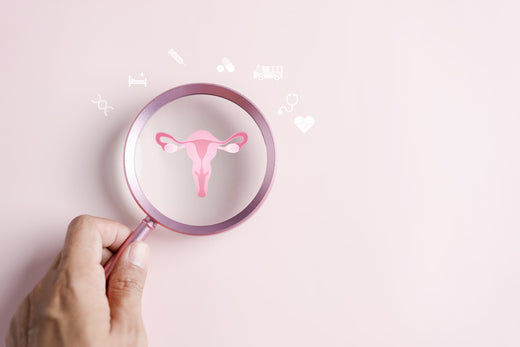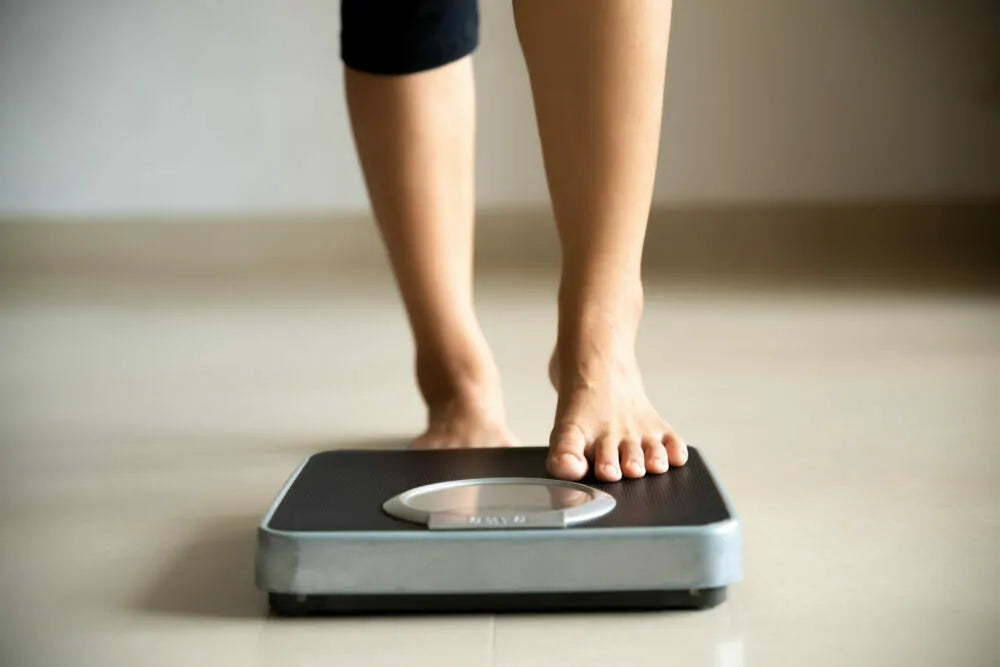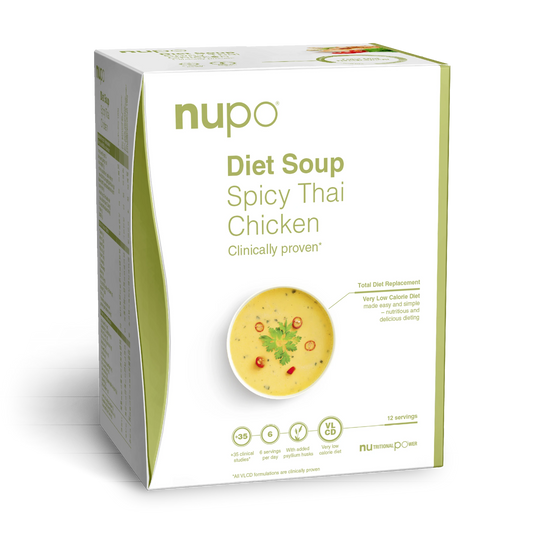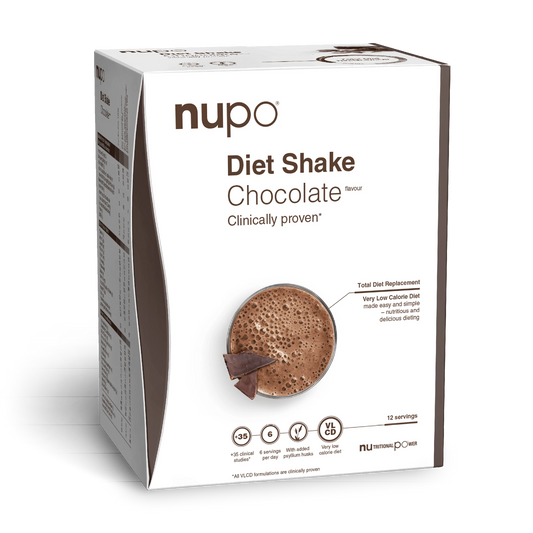When menopause starts, many women experience weight gain, largely because hormonal changes affect both weight and how fat is distributed. This stage includes major hormonal changes, especially a drop in estrogen and progesterone, which can greatly affect a woman’s body weight and fat distribution. Once menstruation stops, muscle mass typically decreases, while fat mass tends to increase.
Menopause is a natural biological process that signifies the end of a woman's menstrual cycles.

Appetite Regulation and Hormonal Imbalance
Research indicates that hormonal changes during menopause can impact the hormones that control appetite and hunger. Levels of ghrelin, the hormone that stimulates hunger, often rise during menopause, causing increased hunger. Meanwhile, levels of leptin, the hormone that signals satiety, also rise, but this frequently leads to leptin resistance. Leptin resistance occurs when the body does not respond properly to leptin, resulting in decreased feelings of fullness and increased hunger, which makes weight management difficult.
Additionally, the decline in estrogen during menopause also affects fat distribution in the body. Estrogen usually helps regulate body weight by influencing where fat is stored. As estrogen levels drop, the body tends to store more fat around the abdomen, increasing the risk of metabolic diseases. It is therefore important to be aware of these hormonal changes and how they can affect weight and overall health.
Mindful eating can help women become more aware of their body's hunger and fullness signals, making it easier to manage hormonal changes and maintain a healthy weight during menopause.
Metabolism and Muscle Mass
During menopause, women tend to store more fat around the abdomen rather than the hips and thighs, which increases the risk of metabolic diseases such as type 2 diabetes and cardiovascular disease. Insulin resistance, a condition where the body's cells become less responsive to insulin, is also more common during menopause and further complicates weight management.
It is also well-known that metabolism changes with age, and menopause often exacerbates these changes. Women experience a reduction in basal metabolic rate, meaning they burn fewer calories at rest. This can make it harder to maintain or lose weight, even if calorie intake remains the same. Additionally, the decrease in estrogen leads to an accelerated loss of muscle mass. Research indicates that women can lose up to 3-8% of their muscle mass per decade after age 30, and this process accelerates after menopause. Since muscles burn more calories than fat, a decrease in muscle mass results in lower overall energy expenditure, which can lead to weight gain if calorie intake is not adjusted.
To counteract these changes, incorporating strength training into your exercise routine is crucial. Strength training helps maintain and build muscle mass, which can increase metabolism and improve body composition. A protein-rich diet also supports muscle preservation and growth. Additionally, being mindful of calorie intake and selecting nutrient-dense foods that meet the body's needs without exceeding energy requirements is important. By following these strategies, women can better manage the shifts in metabolism and muscle mass associated with aging and menopause.
Fat Storage and Insulin Resistance
During menopause, women tend to store more fat around the abdomen rather than the hips and thighs, increasing the risk of metabolic diseases such as type 2 diabetes and cardiovascular disease. Insulin resistance, a condition where the body's cells become less sensitive to insulin, is also more common during menopause and further complicates weight management.
This shift in fat distribution is mainly due to the decrease in estrogen levels, which are crucial for regulating body fat. Abdominal fat, or visceral fat, is especially worrisome because it is more metabolically active and releases inflammatory substances that can impair the body's ability to control blood sugar and insulin. As a result, having a higher amount of abdominal fat raises the risk of developing insulin resistance.
To manage these changes, it is important to focus on a healthy lifestyle that includes a balanced diet rich in fiber and protein as well as regular physical activity. Strength training and aerobic exercise can help reduce abdominal fat and improve insulin sensitivity. Additionally, a diet with a low glycemic index can help stabilize blood sugar levels and reduce the risk of insulin resistance.
Stress management and adequate sleep are also important factors, as both stress and lack of sleep can affect hormone balance and promote weight gain around the abdomen. By taking a holistic approach to health and wellness, women in menopause can better manage the challenges of fat storage and insulin resistance.
Total Meal Replacement with VLCD as a Tool for Weight Control
A Very Low-Calorie Diet (VLCD) can be an effective strategy for women in menopause who want to control their weight. VLCD products are designed to provide controlled and balanced calorie intake, which can help create the necessary calorie deficit for weight loss.
Benefits of the Diet:
- Controlled Calorie Intake: VLCD products provide precise calorie intake, making it easy to monitor daily calorie consumption and achieve weight loss.
- Nutritional Balance: These products are enriched with essential vitamins and minerals, ensuring that the body receives the necessary nutrients even during calorie restriction. This is particularly important for women in menopause, who have increased needs for certain nutrients such as calcium and vitamin D.
-
Convenience: The VLCD diet is simple to follow, with pre-packaged meals that are easy to prepare and consume, which can be a great advantage in a busy daily routine.
Clinical Recommendation
As a clinical dietitian, it is important to consider each woman's unique situation when advising on weight control during menopause. Individual factors such as medical history, current health status, lifestyle, and preferences should all be considered.
Strategies for Weight Control:
- Regular Exercise: A combination of aerobic exercise and strength training can help maintain muscle mass and boost metabolism. Strength training is particularly important for counteracting muscle mass loss.
- Diet Adjustment: In addition to VLCD, a diet rich in fiber, protein, and healthy fats can help maintain satiety and stabilize blood sugar levels.
- Hydration: Adequate fluid intake is important to support the body's metabolic processes and avoid confusing thirst with hunger.
- Sleep and Stress Management: Quality sleep and effective stress management can also positively affect weight control, as both poor sleep and high stress levels can lead to increased hunger and weight gain.
Menopause brings complex hormonal changes that can affect weight control. A structured approach to diet and exercise, including tools like the VLCD diet, can help women maintain a healthy weight and reduce the risk of weight-related health issues. However, it is crucial that dietary and lifestyle changes are tailored individually under the guidance of a healthcare professional.
Sources:
Figure - PMC (nih.gov)
Søs Wollesen, læge og forfatter til bogen “Befri os fra flere hedeture"























